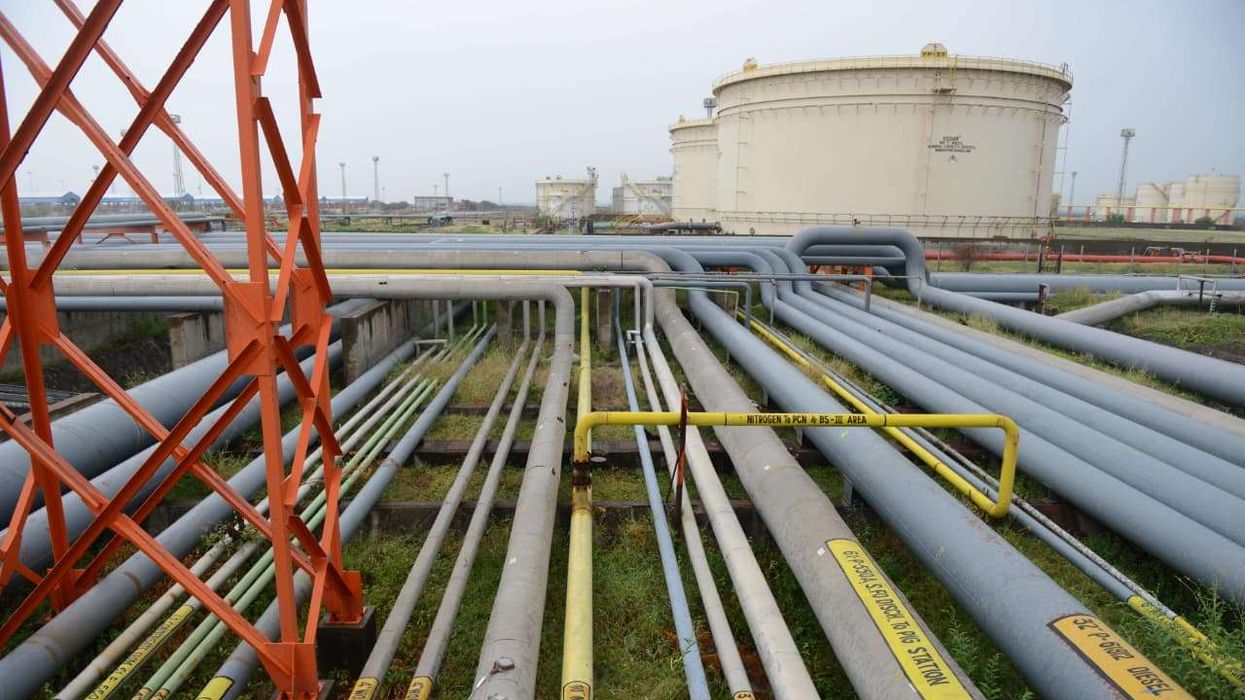The Telecom Regulatory Authority of India (Trai) is on a roll at the moment.
After reducing the Interconnect Call Charges earlier this year, the regulator on Monday started a consultation process on bringing down the Mobile Number Portability (MNP) charges.
In the consultation paper, Trai said that it’s looking to bring down the MNP charges from Rs 19 to Rs 4.
The Telecom Regulatory Authority of India (Trai) in a statement said that considering the upsurge in the volume of porting requests with effect from July 3, 2015, and the financial results of both the mobile number portability service providers (MNPSPs), the present ceiling of Rs 19 is quite high as compared to cost and volumes of transaction involved.
Trai has sought comments on the same from the public by December 27, 2017. “The Authority has, therefore, decided that the upper ceiling for per port transaction charge may be reduced as the costs of operations of MNPSPs have substantially gone down,” Trai said in the statement.
“The watchdog in the draft amendment of the Telecommunication Mobile Number Portability Per Port Transaction Charge and Dipping Charge Regulations has proposed that “the Per Port Transaction charge shall be rupees four,” added the report.
The MNP charge is something that is paid by the customer as a porting charge to port the number from one mobile operator to another. And this is currently set to Rs 19. Trai is looking to bring it down to as low as Rs 4.
It has been more than eight years since Trai changed the MNP charge of Rs 19. Back in November 2009, Trai implemented this MNP charge, which needs to be paid by the customer. Finally, the regulator is looking to reduce the charges.












